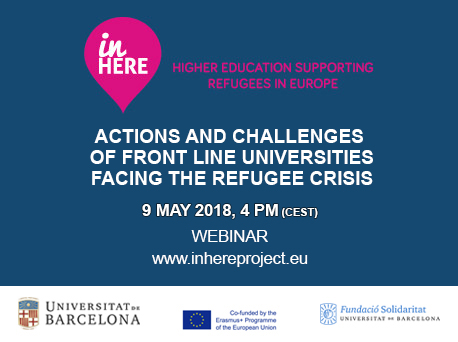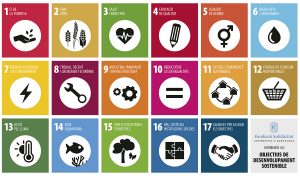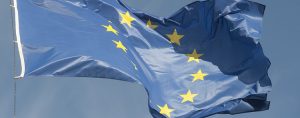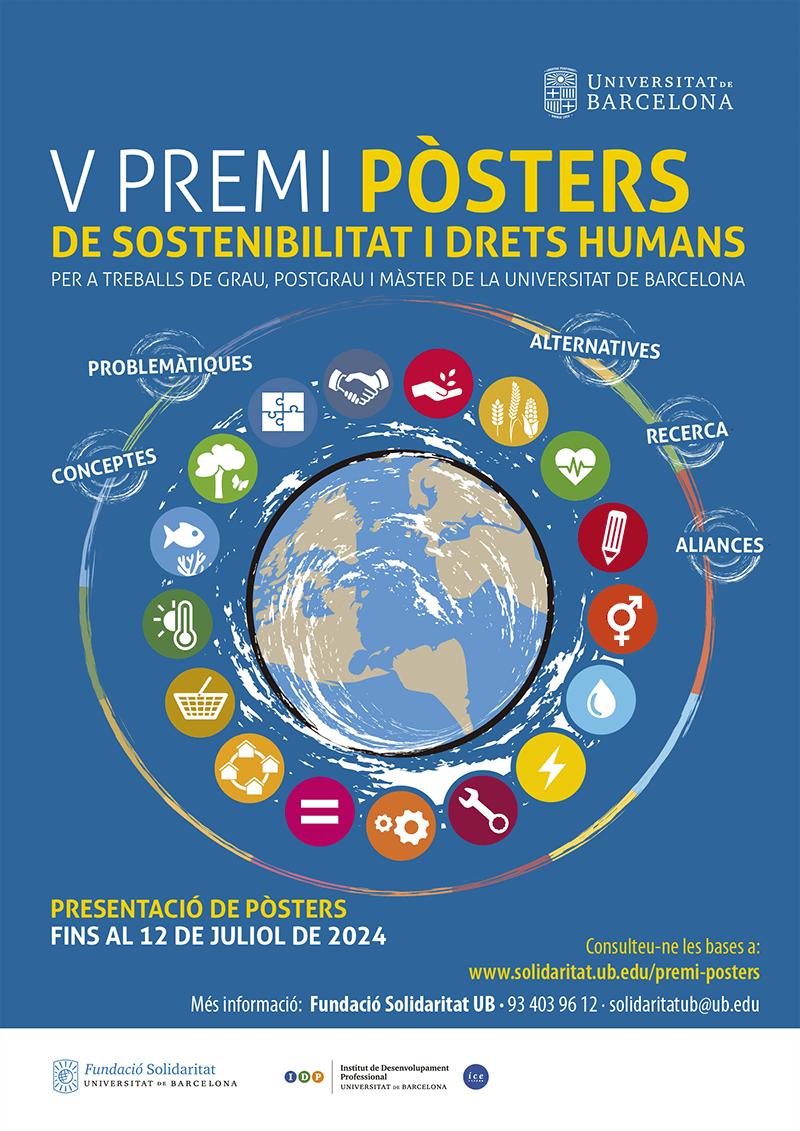[In English, below]
El seminari tindrà lloc el dimecres 9 de maig a les 16 hores. Personal de la Universitat de l’Egeu, amb seu a l’illa de Lesbos, compartirà la seva experiència en aquest camp.
 «Persones refugiades i l’acció de les universitats de primera línia. L’experiència de la Universitat de l’Egeu» és el títol del cinquè webinar organitzat per la Universitat de Barcelona dins del projecte inHERE (Higher Education Supporting Refugees in Europe). Es durà a terme el dimecres 9 de maig de 16 a 17 hores.
«Persones refugiades i l’acció de les universitats de primera línia. L’experiència de la Universitat de l’Egeu» és el títol del cinquè webinar organitzat per la Universitat de Barcelona dins del projecte inHERE (Higher Education Supporting Refugees in Europe). Es durà a terme el dimecres 9 de maig de 16 a 17 hores.
L’objectiu del seminari és compartir l’experiència d’una de les universitats de primera línia, la Universitat de l’Egeu que és l’única institució d’educació superior a l’arxipèlag de l’Egeu. Entre altres territoris, aquesta Universitat té seu a l’illa de Lesbos, on encara viuen centenars de persones refugiades.
Les persones ponents del seminari seran:
- Michael Bakas, oficina d’administració de la Universitat de l’Egeu. Membre actiu del “Village of all together”, un grup solidari obert de col·lectivitats i ONG que ajuden les persones refugiades a Lesbos, i la cuina social “The other human”.
- Piyi Karabia, Oficina Internacional de Programes Acadèmics de la Universitat del Egeu.
Les persones ponents explicaran la situació a Lesbos durant els darrers 5 anys i com la Universitat gestiona actualment l’arribada sense precedents de persones refugiades de diferents maneres – treball humanitari, sensibilització, investigació i difusió -, així com els reptes i les accions a què s’enfronten la Universitat i la seva comunitat.
El seminari, que s’impartirà en anglès, es dirigeix a membres de comunitats universitàries (professorat o PDI, personal d’administració i serveis o PAS, i estudiants) que porten a terme o volen portar a terme projectes o activitats per facilitar l’accés de les persones refugiades a les institucions d’educació superior (HEI en les seves sigles en anglès), així com la seva integració social. L’esdeveniment també és obert a altres membres de la comunitat universitària que estiguin interessats en aquestes iniciatives.
La inscripció pot fer-se a través d’aquest enllaç.
Consultes: cjerez@ub.edu
Projecte inHERE
El principal objectiu del projecte inHERE és crear oportunitats perquè les persones refugiades puguin participar a l’Espai Europeu d’Educació Superior. Per fer-ho, inHERE reforça l’intercanvi de coneixements, la col·laboració entre iguals i l’associació acadèmica per tal de facilitar l’accés i la integració de les persones refugiades a l’HEI.
Els webinars s’emmarquen dins de la segona part del projecte, el Living Lab, que lidera la Universitat de Barcelona. El seu objectiu és compartir, intercanviar, avaluar, crear comunament… iniciatives, projectes i activitats desenvolupades per les comunitats universitàries per promoure la integració dels estudiants refugiats a l’HEI.
El projecte inHERE està cofinançat per la Unió Europea (a través del programa Erasmus+) i coordinat per la Unió d’Universitats de la Mediterrània (UNIMED). A més de la Universitat de Barcelona i la UNIMED, són socis del projecte la European Universities Association (EUA), La Sapienza Universitat de Roma i el Campus France. L’Alt Comissionat de les Nacions Unides per als Refugiats (ACNUR) n’és membre associat.
Webinar about actions and challenges of front line universities facing the refugee crisis
The event will take place on Wednesday, May 9, at 4 p.m. (CEST). Staff from the University of the Aegean, based on the island of Lesbos, will share their experience in the field.
 «Refugees and the action of universities in the front line. The experience of the University of the Aegean» is the title for the fifth webinar organized by the University of Barcelona within the inHERE project (Higher Education Supporting Refugees in Europe). It will take place on Wednesday, May 9, from 4 p.m. to 5 p.m. (CEST).
«Refugees and the action of universities in the front line. The experience of the University of the Aegean» is the title for the fifth webinar organized by the University of Barcelona within the inHERE project (Higher Education Supporting Refugees in Europe). It will take place on Wednesday, May 9, from 4 p.m. to 5 p.m. (CEST).
The aim of the seminar is to share the experience of one of the front line universities, the University of the Aegean, which is the only higher education institution in the Aegean archipelago. Among other territories, this University is based on the island of Lesbos, where hundreds of refugees still live.
The webinar speakers will be:
- Michael Bakas, University of the Aegean’s administration office. Active member of the “Village of all together”, an open solidarity group of collectivities and NGOs helping refugees in Lesbos, and the social kitchen “The other human”.
- Piyi Karabia, International Office of Academic Programmes of the University of the Aegean.
The speakers will explain the situation in Lesbos during the last 5 years and how the University is currently dealing with the unprecedented arrival of refugees in different ways – humanitarian work, raising awareness, research and dissemination -, as well as the challenges and actions that the University and its community are facing.
The seminar, which will be given in English, is aimed at members of university communities (teaching staff or PDI, administration and service staff or PAS, and students) who carry out or want to carry out any project or activity in order to ease the access to Higher Education Institutions (HEI) for the refugees, as well as their social integration. The event is also opened to those in the University community who are interested in these initiatives.
Registrations can be submitted in this link.
Inquiries: cjerez@ub.edu
inHERE project
The main aim of the inHERE project is to create opportunities for the refugees to take part in the European Higher Education Area. In order to do so, inHERE strengthens knowledge exchange, peer-support and academic partnership to ease the access and integration to HEI for the refugees.
Webinars are framed within the second part of this project, the Living Lab, which is led by the University of Barcelona. Their purpose is to share, exchange, assess and create joint initiatives, projects and activities for the university community to promote the integration of the refugee students in HEI.
The inHERE project is co-funded by the European Union (through Erasmus+ Programme) and coordinated by the Mediterranean Universities Union (UNIMED). Apart from the University of Barcelona and UNIMED, other members of the project are the European Universities Association (EUA), La Sapienza University of Rome and Campus France. The United Nations High Commissioner for Refugees (UNHCR) is an associate member.
Aquesta notícia té relació amb els següents ODS de l’Agenda 2030:










